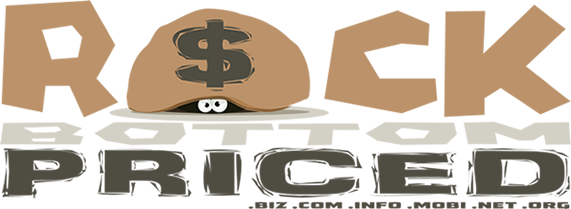What is Email Etiquette?
Email etiquette is important but often overlooked. Using emoticons and shortened versions of words in your work email is unprofessional. Basically its being professional in how you write your emails.
Rules of Email Etiquette
To advance in the workplace, you need to learn email etiquette, start by following these simple rules.
Follow Grammar Rules
Step one is to follow grammar rules. Capitalize the first letter of every sentence. Place a period at the end of every sentence. And make sure every sentence has a noun and a verb. To make a good impression, write an email as if you were writing a college essay and you’ll have no trouble with this rule. Follow grammar rules in your emails and you will have mastered at least one rule of email etiquette.
Don’t Try to Impress
Step two is to not use big words to impress. You want your boss and coworkers to think you’re smart, so you wax poetic about the budget surplus using five-syllable, Scrabble-worthy words. Act like a professional by using simple, business-appropriate language in your email and you’ll show you understand this rule . Don’t try to impress and you’ll be one step closer to being an email etiquette master!
Avoid Sarcasm
Step three is to avoid sarcasm. Your friends might find your sarcastic commentary hilarious, but humor is all in the delivery. And unfortunately, sarcasm rarely delivers in email form. A comment you intended to be funny might sound cruel in an email. Avoiding sarcasm in business email is another important rule of email etiquette.
Don’t Ignore the “Subject” Line
Step four is to always put a subject line for your emails. If your boss receives hundreds of emails a day, he won’t have time to read through each one – he’ll just delete the ones that look like spam. Be specific in the subject heading; summarize what your email is about in a few short words and you’re on your way to being an email etiquette professional. Remembering to but a subject line for each email is another important rule.
Don’t Get Personal
Step five is to not get personal. Resist the urge to tell your coworkers all about your wild weekend in an email. Conversations at the water cooler are easily forgotten, but emails are forever. So save your personal stories for the lunch room or – better yet – for your friends after work, and keep your work email for business-related matters only. Keeping personal information out of business emails is another important rule.
Email Etiquette: Conclusion
Tweets, texts, and emails have all changed the way people communicate. But if your work emails resemble your tweets, you might get passed up for promotions and you’re definitely missing the mark when it comes to following the rules of email etiquette. Writing professional emails that follow these rules is a skill you should master if you want to be a valuable employee. Once you’ve composed your email message, don’t forget to proofread it so that you ensure you are following all the rules. If you follow these 5 steps of email etiquette your emails will come across professional and appropriate for any type of business.
